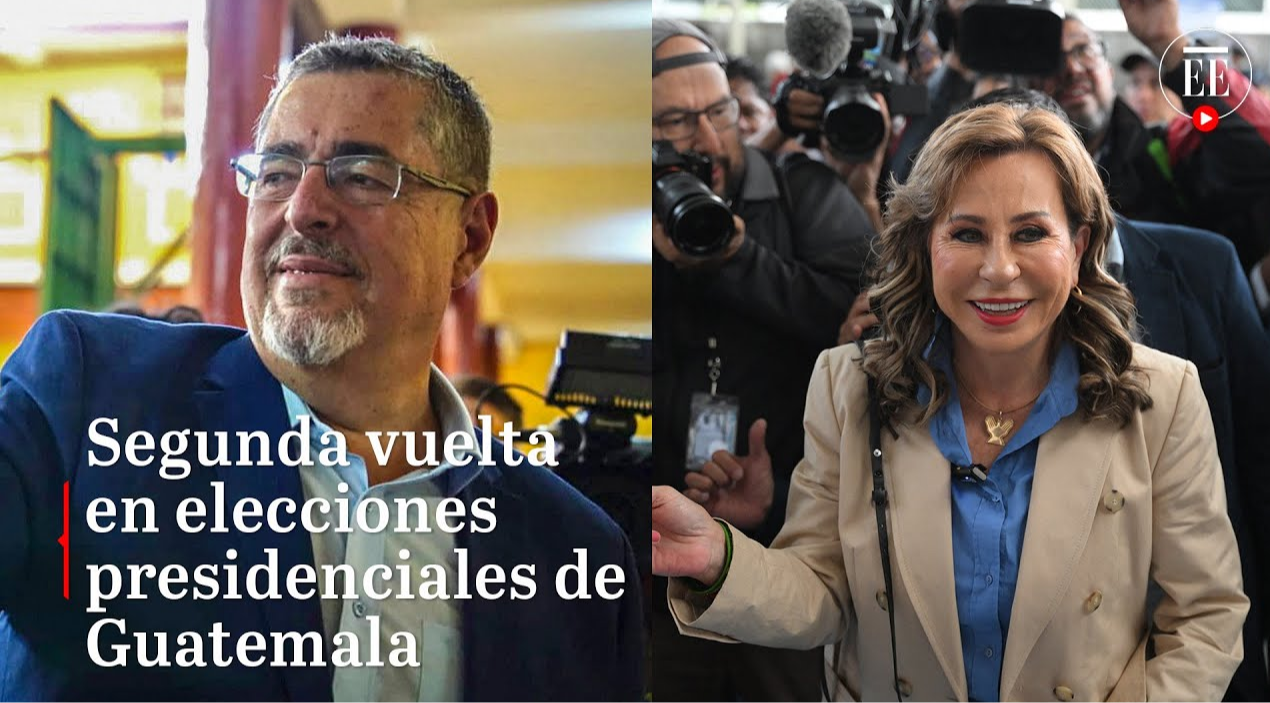
The new confrontation at the polls will be this Sunday 20th. Photo taken from You Tube.
By Roberto Morejón (RHC)
In a society like Guatemala's, tinged by corruption, political favors, the erosion of conventional parties and endemic economic inequality, elite groups refuse to lose control, hence the question of whether they would let a candidate who would break with continuity emerge in the presidential elections.
That is one of the cardinal questions in the second round of the presidential elections in Guatemala, where more than 9.3 million inhabitants will decide between the right-wing Sandra Torres, of the National Unity of Hope, and Bernardo Arévalo, of the opposition movement Semilla, identified with social democracy.
Torres and Arévalo achieved low votes in the initial round, never above 16 percent because the null vote rose to 17.3 percent and abstention to 41 percent.
It was a sign of Guatemalans' disapproval towards the traditional parties and those that emerged in recent years, in the shadow of political mafias and conservative sectors that co-opted the organs of justice.
Arévalo and Semilla, to whom the polls did not predict preferential places, capitalized on the collapse of the traditional groups and attracted citizens eager to stop corruption.
Emerged in 2015 in the mobilizations against the political decomposition that led to the resignation of conservative president Otto Perez Molina, Semilla has surprised in Guatemala.
Recovered from the astonishment, the political castes tried to legally suspend it, a procedure that unleashed strong mobilizations and protests. The most retrograde are worried about the tendency in the Central American nation to promote whoever impedes the continuity of the right and ultra-right in government.
The richest one percent of the country's population, who have the same income as half of the population, and the traditional groups want the continuation in the top positions of those who allow 61 percent of the population to live in multidimensional poverty.
In this context, a study by the newspaper Prensa Libre and the channel Guatevisión presents sociologist Bernardo Arévalo in the first place of voting intentions in Guatemala, but it remains to be seen what the economic and political elites will do.

